Publications
Articles, publications, books, tools and multimedia features from the U.S. Institute of Peace provide the latest news, analysis, research findings, practitioner guides and reports, all related to the conflict zones and issues that are at the center of the Institute’s work to prevent and reduce violent conflict.
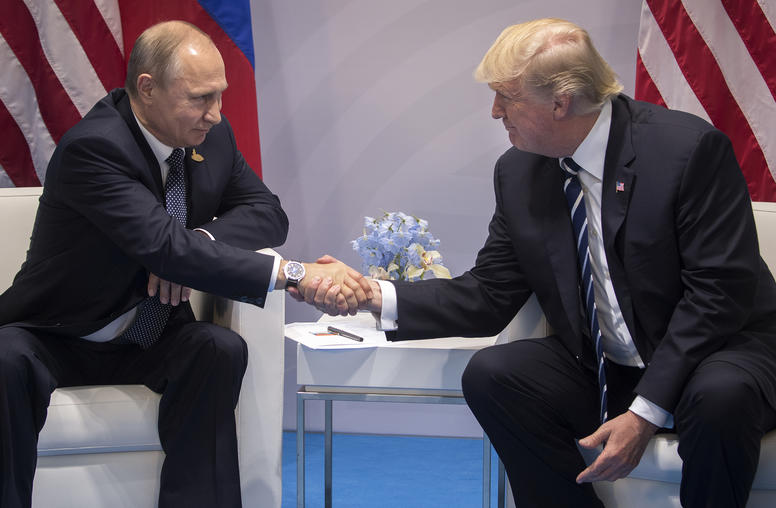
Can the Trump-Putin Summit Improve U.S.-Russian Relations?
Following a meeting between U.S. National Security Advisor John Bolton and President Vladimir Putin this week, the White House announced that President Trump will sit down with his Russian counterpart for their first formal summit on July 16 in Helsinki, Finland. While both presidents Trump and Putin have repeatedly emphasized the need for improved ties, there are a host of contentious issues—such as the invasion of Ukraine and subsequent U.S. sanctions, Russia’s interference in U.S. and European elections, and the Syrian civil war—that could derail the effort to improve the bilateral relationship.
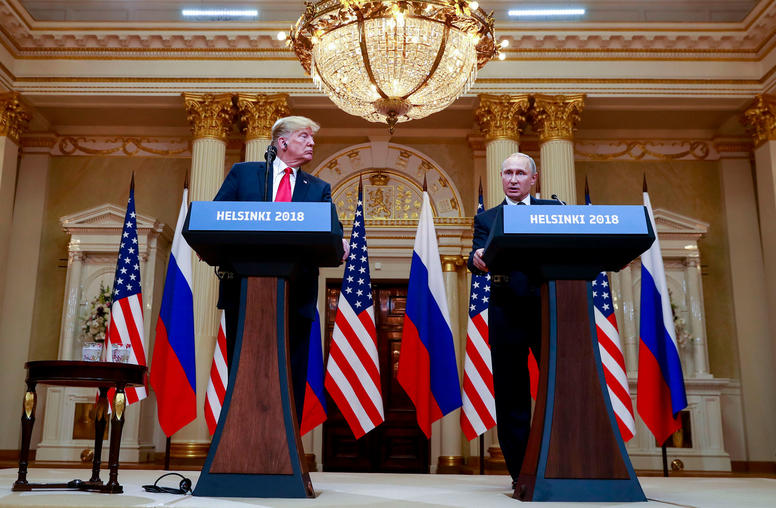
What’s Next for the U.S. and Russia After the Trump-Putin Summit?
After a series of disquieting meetings with European and NATO allies last week, President Trump met with Russian leader Vladimir Putin in a bid to restore relations between Washington and Moscow. In the lead up to summit, President Trump sought to temper expectations, but repeatedly affirmed his longstanding belief that improved relations with Russia would be beneficial for U.S. interests. With so many high-stake issues for the two to discuss—ranging from Ukraine to Syria and arms control to Russian meddling in U.S. and European democratic processes—it remains to be seen if the summit will lead to further rapprochement.
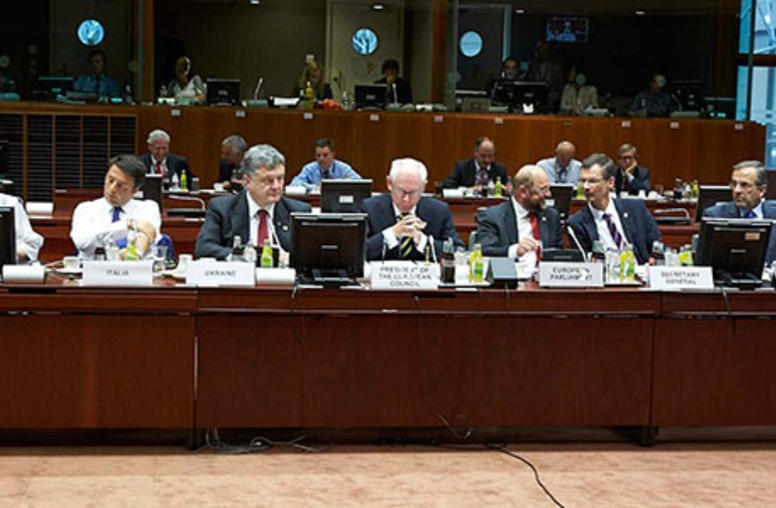
Ukraine: USIP’s Bill Taylor on the Prospects for the New Government (Video)
Bill Taylor, a former U.S. ambassador to Ukraine who currently serves as USIP’s acting president, just returned from a visit to Kyiv and discusses the prospects for the country’s new reform-oriented government.
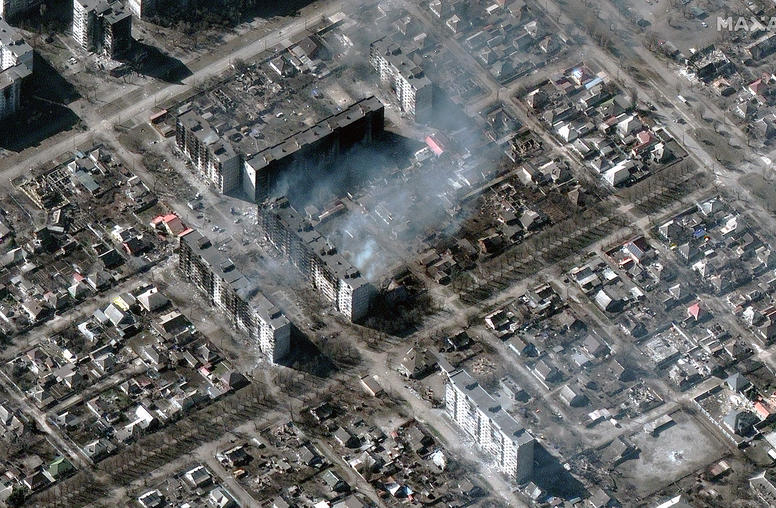
Ukraine: The Dangers in Russia’s New Offensive
After the Ukrainian armed forces defeated Russian troops, forcing them to retreat from their assault on Kyiv and northern Ukraine, Russia has concentrated its forces on eastern and southeastern Ukraine, with a notoriously brutal general now in command. These changes open a new chapter in Vladimir Putin’s assault that will be unpredictable and potentially more destructive. The humanitarian cost, notably in the besieged port of Mariupol, has grown only more calamitous. This new chapter will heighten the stakes both for aggressors and defenders—and the imperative for democracies to sustain support for Ukraine, including with longer-range weapons for its defense.
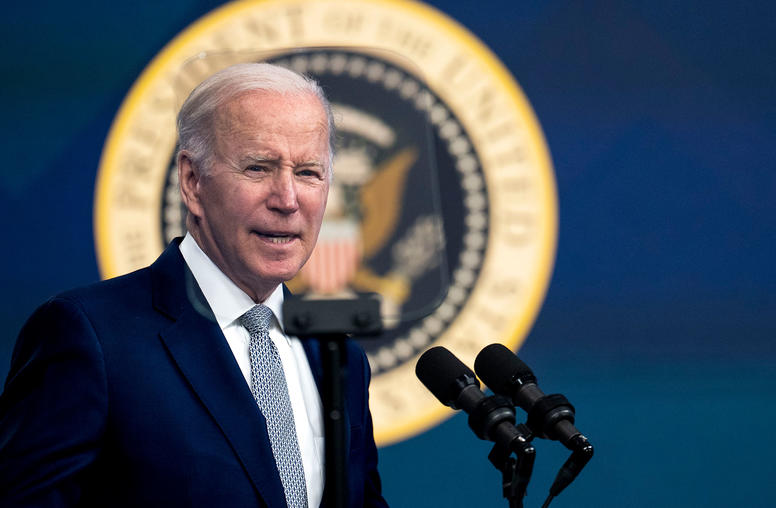
The United States Speaks Clearly on Russia’s Ukraine War
President Biden’s essay on the Ukraine war in Tuesday’s New York Times has vitally clarified America’s interests and goals following weeks of public debate weighted with uncertainty and concern over U.S. intentions and methods in that conflict. It offers a straightforward, positive approach—one that the world’s democracies should sustain—for confronting Russia’s assault against not only Ukraine, but global peace, stability and the rule of law.
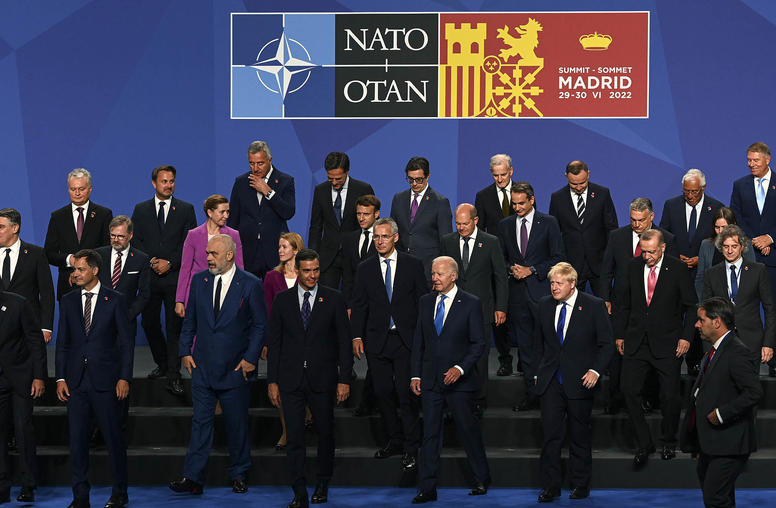
The West Must Sustain Support for Ukraine Shown at Madrid
As the world’s democracies confront an authoritarian ruler’s military aggression, they have an institution with which to respond — a NATO that just demonstrated its readiness at Madrid — that Churchill might have wished for in June 1940.
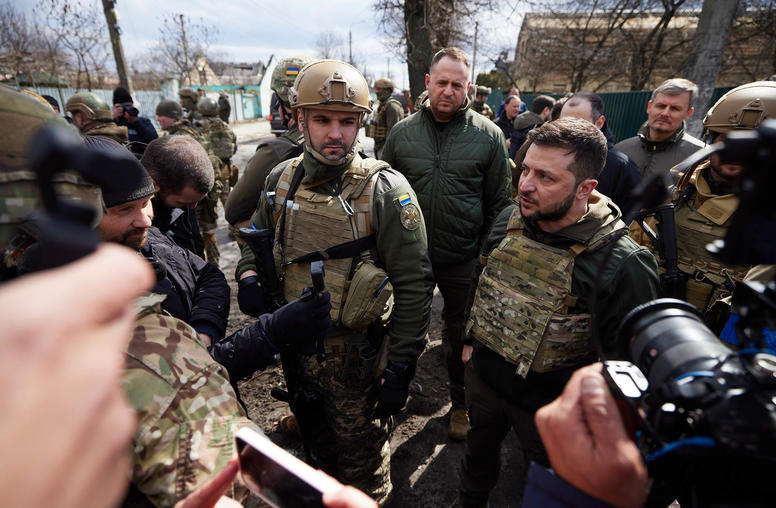
Russia’s War on Ukraine: How to Get to Negotiations
President Volodymyr Zelenskyy has said that Ukraine will negotiate with Russia when Ukrainian forces have pushed Russian army back to their positions of February 24, the day President Vladimir Putin initiated its latest war of aggression against Ukraine. The decision on when and how to negotiate rests entirely with Ukraine. But the United States and other allies can provide the support Ukrainians need in that process. What would that support look like?
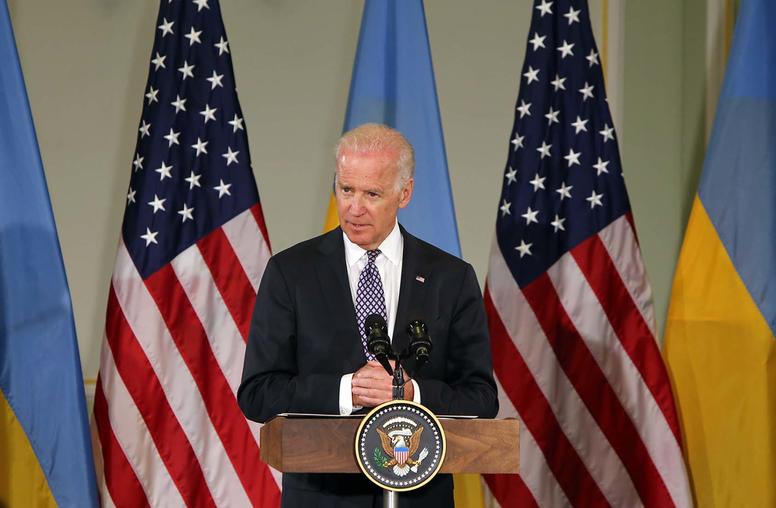
The Biden Doctrine Should Start with Ukraine
Following the U.S. withdrawal from Afghanistan, some see an emerging Biden doctrine, which aims to avoid the aggressive use of U.S. military force and nation-building and instead focus on building and strengthening alliances and confronting authoritarianism. No country offers a better opportunity to demonstrate that approach than Ukraine.
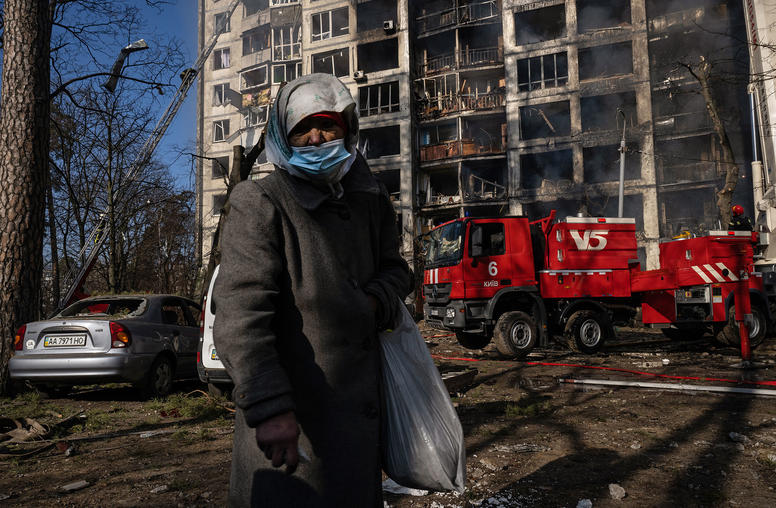
Ukraine’s Defiance Could Force Putin into Talks
Three weeks of heroic resistance by Ukraine’s troops and citizen volunteers, buttressed by a historic international outpouring of support, have denied Russian President Vladimir Putin the lightning seizure of Ukrainian cities that he expected in his brutal assault. As Russia continues to indiscriminately bomb Ukraine’s cities, the stalled ground offensive may force Putin to recalculate. He could escalate violence, but also may be forced to negotiate — and a series of meetings between the two sides could be laying the groundwork for an agreement to stop the fighting. But to even consider any real negotiation, Putin must finally recognize that 44 million Ukrainians and their supporters will resist indefinitely.
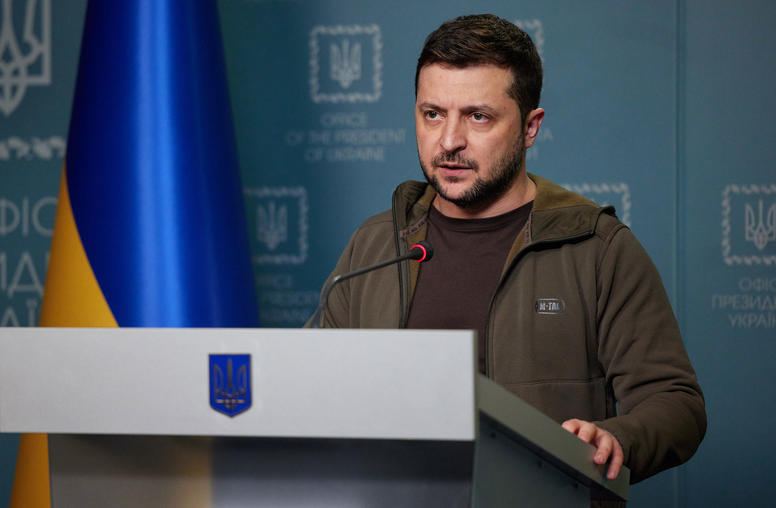
Ukraine considers neutrality. Will Putin respond?
Ukrainian President Volodymyr Zelenskyy has just expanded on his proposal to halt Russia’s brutal invasion of Ukraine by offering to seek his country’s long-term security through a neutral status guaranteed by Russia, the United States and European nations. This is a serious response to Russian President Vladimir Putin’s stated reason for war—denying Ukraine its right to someday join the NATO alliance. The question now confronts Putin: Will he thus end his bloodshed? Or will he continue a war more truly based on his fear of allowing Russians to witness a free democracy of their fellow ethnic Slavs on Russia’s border?